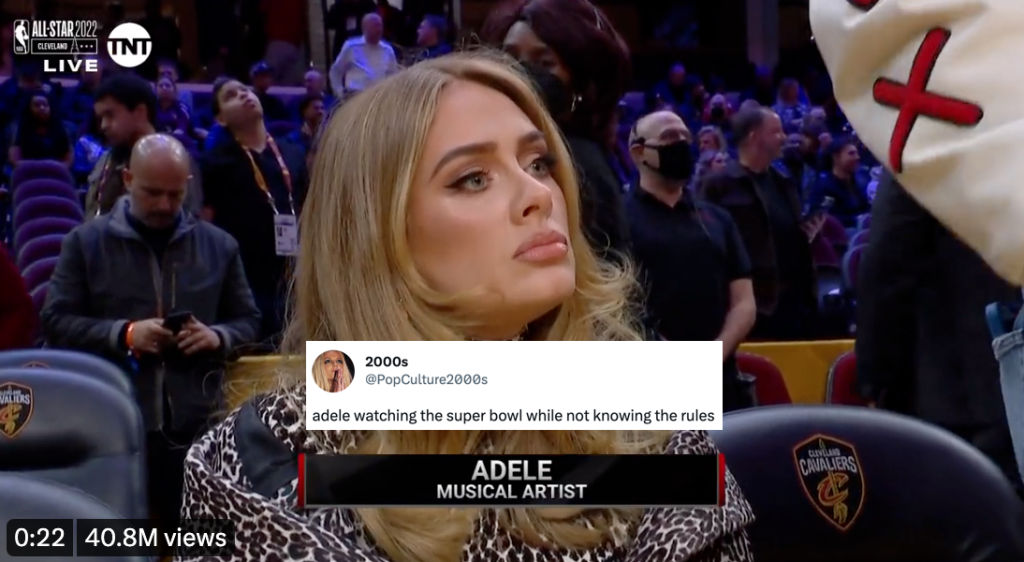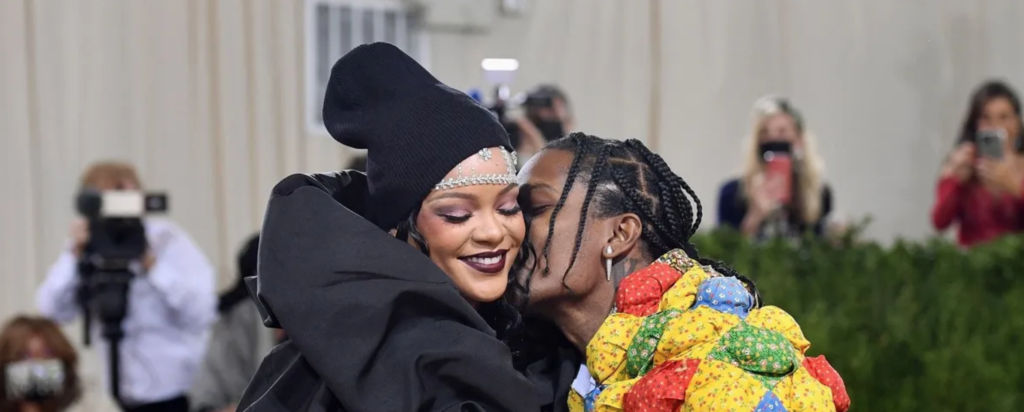
Ranking the best Super Bowl halftime performances of all time: Kendrick Lamar, MJ and more
By Guniya Sharma Feb 18, 2025 | 9 min read

What we know about Drake’s dating history
By Kratagya Rathore Mar 04, 2024 | 20 min read

What to know about Rihanna’s birth chart
By Preeti Kulkarni Aug 31, 2023 | 6 min read

Rihanna is rumoured to have already given birth
By Benjamin Wong Aug 24, 2023 | 3 min read

Savage X Maternity: Rihanna drops line of fashion-forward maternity wear
By Vichayuth Chantan Aug 09, 2023 | 2 min read

Met Gala 2023: The best reactions and memes so far
By Manas Sen Gupta May 02, 2023 | 5 min read

The most expensive cars you can find in Rihanna’s garage
By Pallabi Bose Mar 25, 2023 | 7 min read

Puma announces new Rihanna collaboration involving Fenty brand
By Manas Sen Gupta Mar 02, 2023 | 2 min read

Fenty Beauty products to shop after Rihanna’s Super Bowl 2023 performance
By Divya Arora Feb 15, 2023 | 7 min read

Where to shop Rihanna’s Super Bowl makeup
By Paint Chayanin Feb 13, 2023 | 2 min read

Super Bowl 2023: The best memes and reactions
By Vichayuth Chantan Feb 13, 2023 | 2 min read

Rihanna shines bright like a pregnant diamond at the Super Bowl 2023 halftime show
By Manas Sen Gupta Feb 13, 2023 | 3 min read

Johnny Depp to make appearance in Rihanna’s Savage x Fenty fashion show
By Manas Sen Gupta Nov 04, 2022 | 3 min read

The most expensive things owned by Rihanna
By Manas Sen Gupta Oct 04, 2022 | 13 min read

Rihanna announced as Super Bowl LVII Halftime Show headliner for February 2023
By Manas Sen Gupta Sep 26, 2022 | 3 min read

Rihanna is looking into launching Fenty Hair
By Manas Sen Gupta Jul 22, 2022 | 2 min read

Rihanna is now America’s youngest self-made woman billionaire
By Manas Sen Gupta Jul 06, 2022 | 3 min read

Rihanna and ASAP Rocky welcome their first child, a baby boy
By Manas Sen Gupta May 20, 2022 | 2 min read

20 musicians and artists who own beauty brands
By Trinetra Paul May 17, 2022 | 17 min read

From Jisoo to Rihanna: Celebrities spotted at Paris Fashion Week
By Divya Jain Mar 02, 2022 | 2 min read

9 celebrity tattoo artists who have inked it big
By Eesha Kulkarni Feb 23, 2022 | 10 min read

Rihanna is the new face of Rimowa and stars in the ‘Never Still’ campaign
By Lifestyle Asia Sep 17, 2021 | 2 min read

